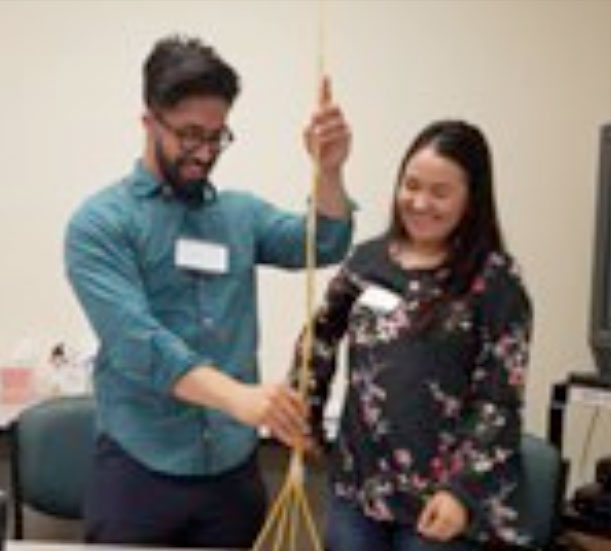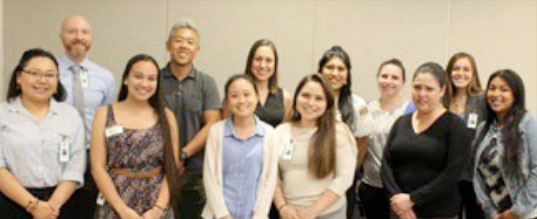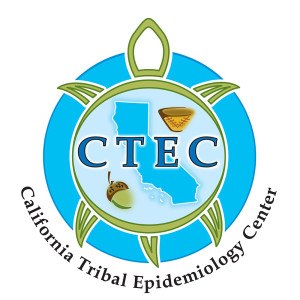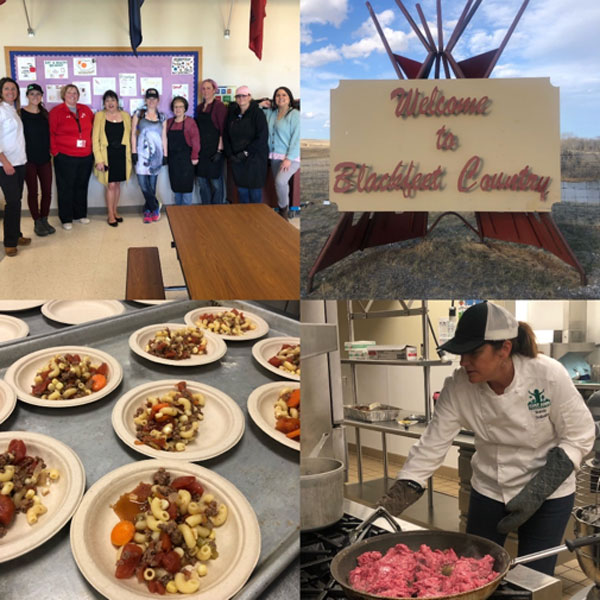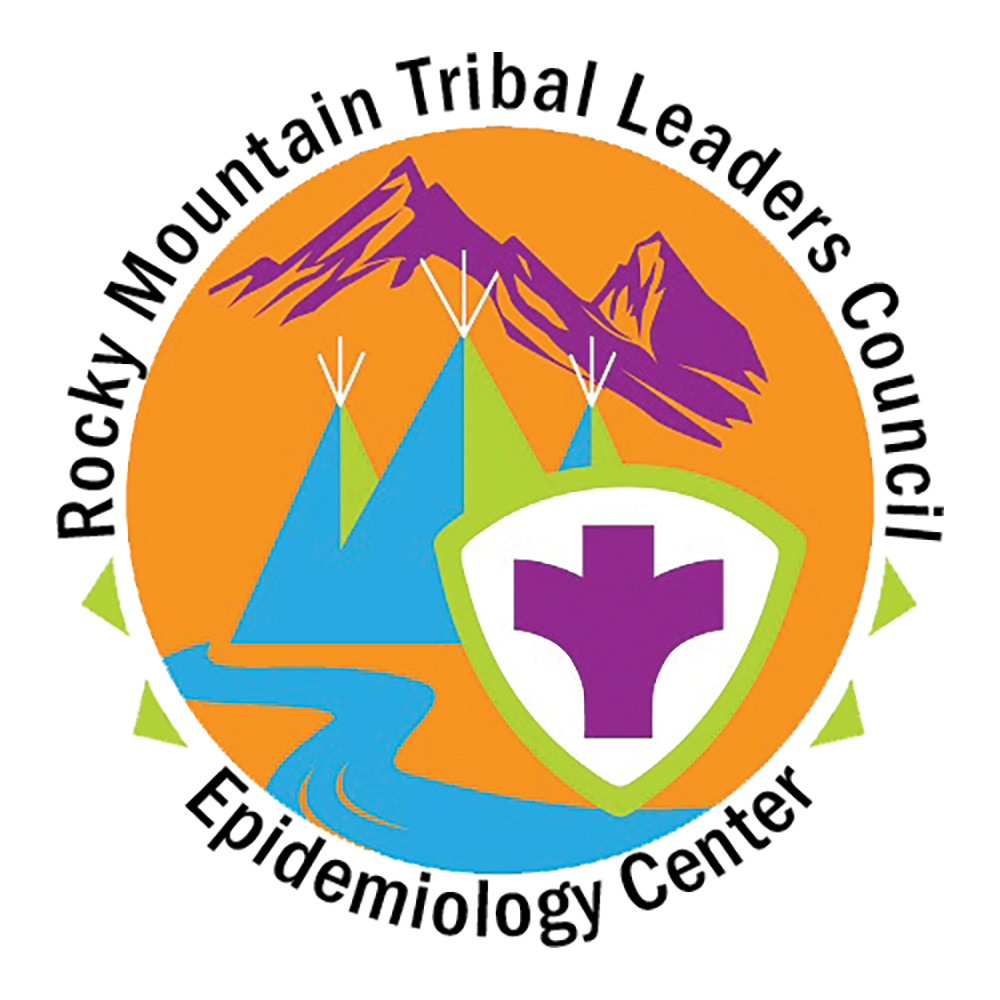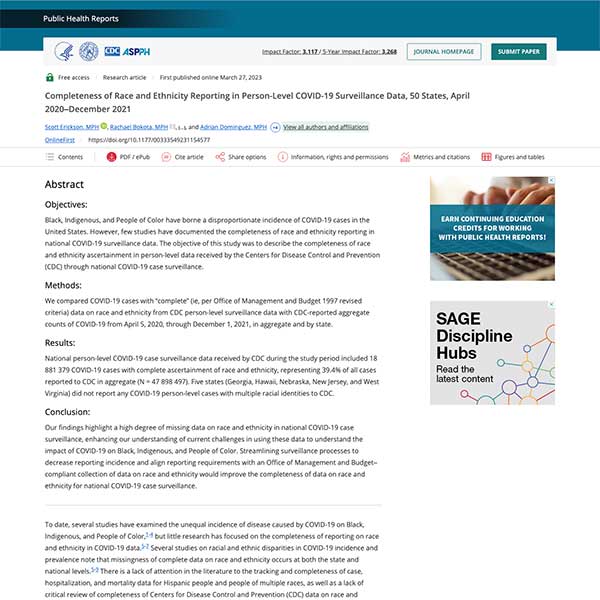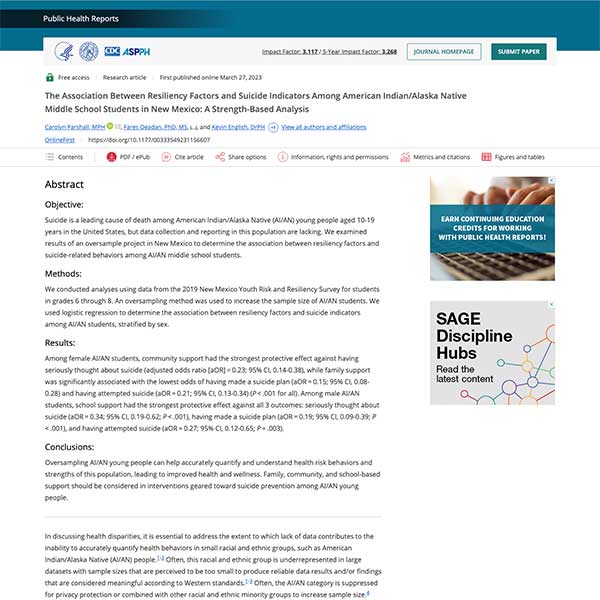
We met with Chiagoziem Okonkwo, an SRA from the summer of 2021. Chiagoziem worked with the Indian Health Council (IHC) to create a multilevel prevention project to address commercial tobacco-related harms.
“I grew up in Nigeria. We are not taught anything at all about the Native American community or culture. It was so interesting to learn about research and the Native community as a whole. I felt like I was a big part of the IHC and what we were doing.”
– Chiagoziem Okonkwo
Builds Essential Skills
Chiagoziem reflected on the skills she gained during the SRAP. “I would say that the two big takeaways were how to conduct key informant interviews (KIIs) and the concept of community–based participatory research. I realized I would like to start an organization like CTEC in Nigeria. When it comes to communities that have been historically misrepresented in research, the Nigerian community definitely represents that. KIIs were interesting, learning how to conduct them and learning that I like to talk a lot.”
Guides Education and Career Choices
For Chiagoziem, the SRAP introduced the concept of presenting research in film formats. She recalls, “That was the first time I saw something like that, and it made me really interested in film, editing, and cinematography…CTEC played a role. I will
be graduating in June 2024 from UCLA with a Psychology Major with a minor in film.”
Makes a Difference
CTEC supported 22 SRAs from 2017 to 2022. Every SRA has a story about their experience and the difference that the SRAP made. For Chiagoziem, the difference was everything. “It did not happen on purpose, but I think back to the application process… it was the summer of my first year of my undergraduate. I felt unqualified. But being able to work toward it and actually get the SRA encouraged me that I could go after everything that I want. I would never know what the outcome would be… I should always try. That is one skill that I learned from my experience. Keep trying.”

